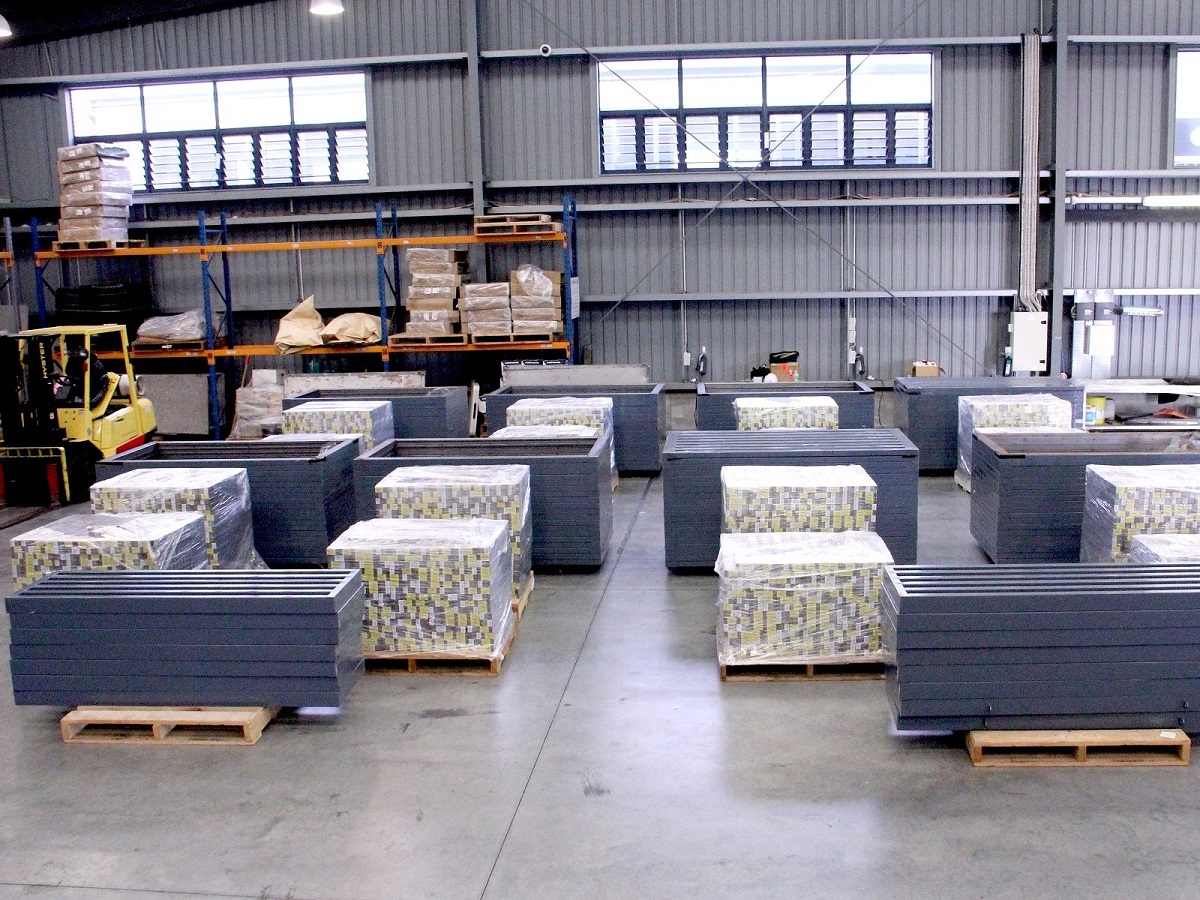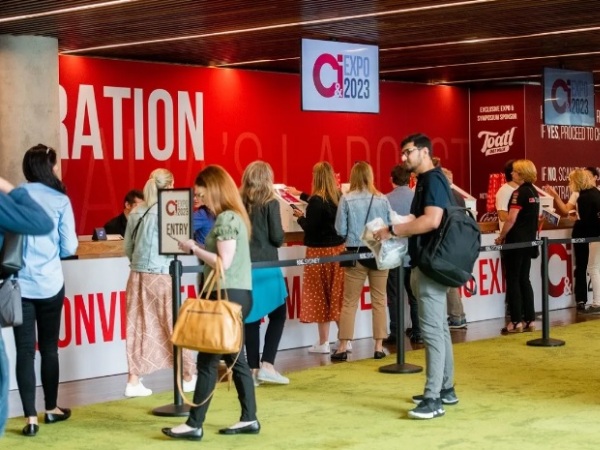Dave Hooker, Executive Director, New Zealand Association of Convenience Stores, raises concerns over the New Zealand Government’s Smokefree 2025 Action Plan and how it will impact small businesses.
Our last update shared our views on Government’s proposal to slash retailer numbers from 6,000 to 500, ‘very low nicotine’ policies, and our proposed alternatives.
We hope you managed to make submissions to the Select Committee as those have now closed. There will be further opportunity to have a say on specific detail around a retailer licensing scheme later next year, we will keep you updated.
We spoke about the very real risks of these proposals exacerbating black market crime.
Today, we share our thoughts about the state of the growing tobacco black market and how that’s likely to get worse because of these and the government’s policies enacting a de-facto prohibition.
Illegal Tobacco
Current State
• A KPMG report shows that New Zealand’s illegal tobacco is 11.4% of the market.
• New Zealand Customs has told Parliament that illegal tobacco is 10-20% of the market.
• Illegal tobacco means more than $260m in unpaid tax.
• The government has committed $2.5m, per year, for the next four years, in Budget 2022/23 to fight illegal tobacco.
• There is acceptance that a decade of increasing excise tax has been a primary driver of the illegal tobacco market.
On 31 May 2022, Radio New Zealand reported Customs seized more than 800,000 cigarettes, up 60% on 2021, and 390kg of loose tobacco. Chief Customs Officer Nigel Barnes said: “It’s definitely an escalation in numbers and scale. And predominantly, now, we’re seeing there’s more organised crime involved in tobacco smuggling.”
The government put $10m in this year’s budget aside to help combat black market trade but the head of the anti-smoking group, ASH, Deborah Hart said current efforts to stop it were “clearly not enough”.
The Minister of Customs said on 23 May this year that “…there will likely be increased demand for illegal tobacco products…”
On 23 June 2022, the New Zealand Customs Service informed Parliament that estimates of the tobacco black market range from between 10-20%, a significant increase in recent years. This is a response to how the New Zealand market is being regulated. Control measures in Australia have shown poor results, a July KPMG report shows the black market is growing, at 19.3% or nearly $3.5b in lost excise revenue.
The Bill proposes allowing ‘home growing’ up to 5kg each per year, equivalent to 30 cigarettes per day (three times the average consumption), this will only further strengthen its appeal and, inevitably, black market trade as smokers seek alternatives to the legal market.
Published 14 May, a letter from ASH Chair Professor Robert Beaglehole said: “Most people smoke because they are dependent on nicotine. Tobacco harm reduction reduces the harm caused by burnt tobacco by replacing cigarettes with much less harmful ways of delivering nicotine; these alternatives have great potential to disrupt the cigarette industry.”
Preferred Approach
Customs Minister Meka Whaitiri says of the latest tobacco control bill, “I’m concerned this will lead smokers who do not have easy access to lawfully sold products to switch to illegal sellers”.
Off the back of the largest ever increases in ‘locally grown’ loose leaf tobacco flooding the black market in New Zealand, it seems odd that this Bill once again exempts local growing from all the proposed policies, including the nicotine limits. This seems like a recipe for disaster.
Smokefree Generation
Current State
• Sale of tobacco products is R18.
Government’s Proposals
• To prohibit the sale of ‘smoked’ tobacco to anyone born on 1 January 2009 or after, as they age, from 2027.
Effect of Proposals
• ASH Director Deborah Hart says: “We already have a smokefree generation, 15 to 17-year-olds already at smokefree, there are only 3% of them that smoke and the 15 to 24-year-old cohort, there’s declining smoking rates – that was at 10% last year – they have the highest quit rates already.”
• NZ Drug Foundation CEO Sarah Helm says: “As always, we are wary of the unintended impacts of the prohibition of any substance, so we’ll be seeking more information about how the government plans to implement the ‘smokefree generation’ and low-nicotine proposals. We will be keeping a close eye on the legislation as it is drafted.”
• The policy risks greater disparities with fines of $150,000 for sale to the ‘smokefree generation’ and a $50,000 fine and conviction for any person who supplies to the ‘smokefree generation’.
• In time, supplying a 40-year-old with cigarettes would be illegal, supplying a 41-year-old would not – an absurd outcome.
In February, ASH said more than 75% of students are getting vapes from social sources, either friends, older people, or family. Only 7.6% of those who regularly vape say their main source of vapes was a vape shop, dairy or online. How will the government deal with illegal sourcing for tobacco products in future?
Preferred Approach
• We agree with the Prime Minister who, when launching the Government’s proposals in December 2021 said, “vaping is a tool that is working” to help reduce the harm to adult smokers from ‘smoked’ tobacco, rather than implement policies that outlaw a future 40 year old and not a 41 year old, allow the Government’s successful “switch to quit” approach to continue.
• Consider a fixed age of R21 for cigarettes only, which is easier to enforce and comply with for both retailers and regulators.
• Support adult smokers to quit and where they cannot or will not, support the to switch to harm reduced alternatives.
The New Zealand Association of Convenience Stores is a not-for-profit trade association representing the interests of our retail and supplier members.
NZACS represents more than 1,000 organised fuel and non-fuel convenience operators around New Zealand, supporting members through effective lobbying, comprehensive advice, innovating networking opportunities, and access to industry research which can be used to inform decision making by those in the sector.



